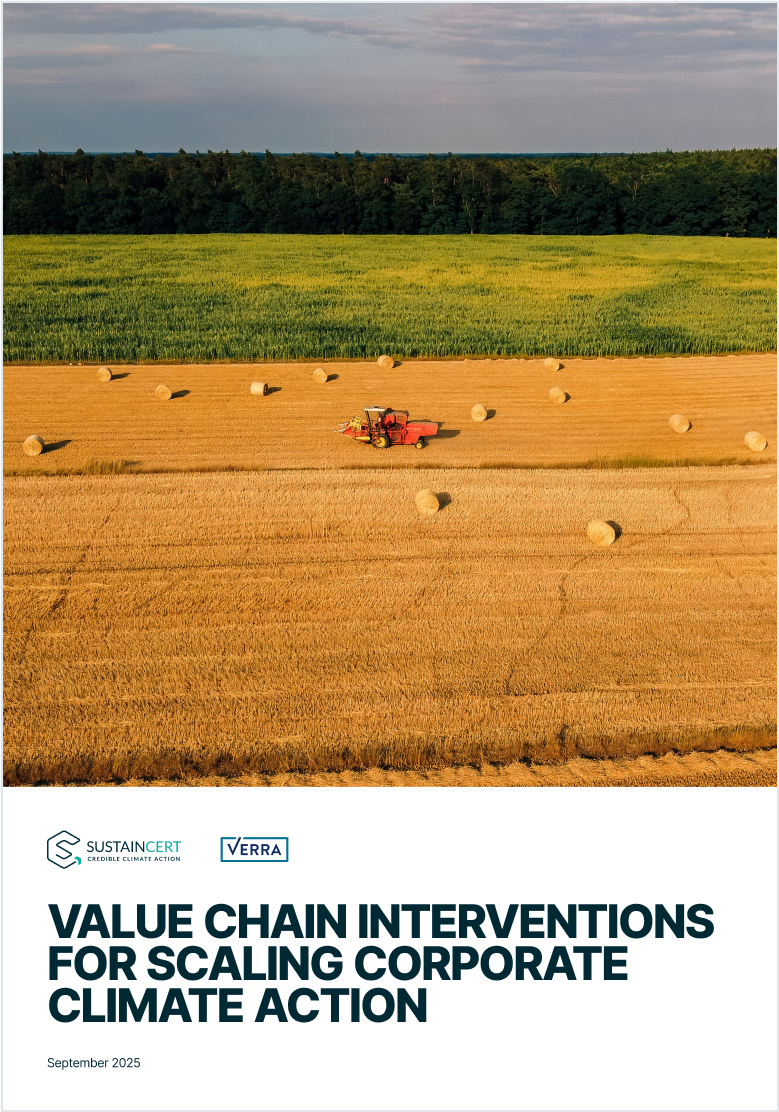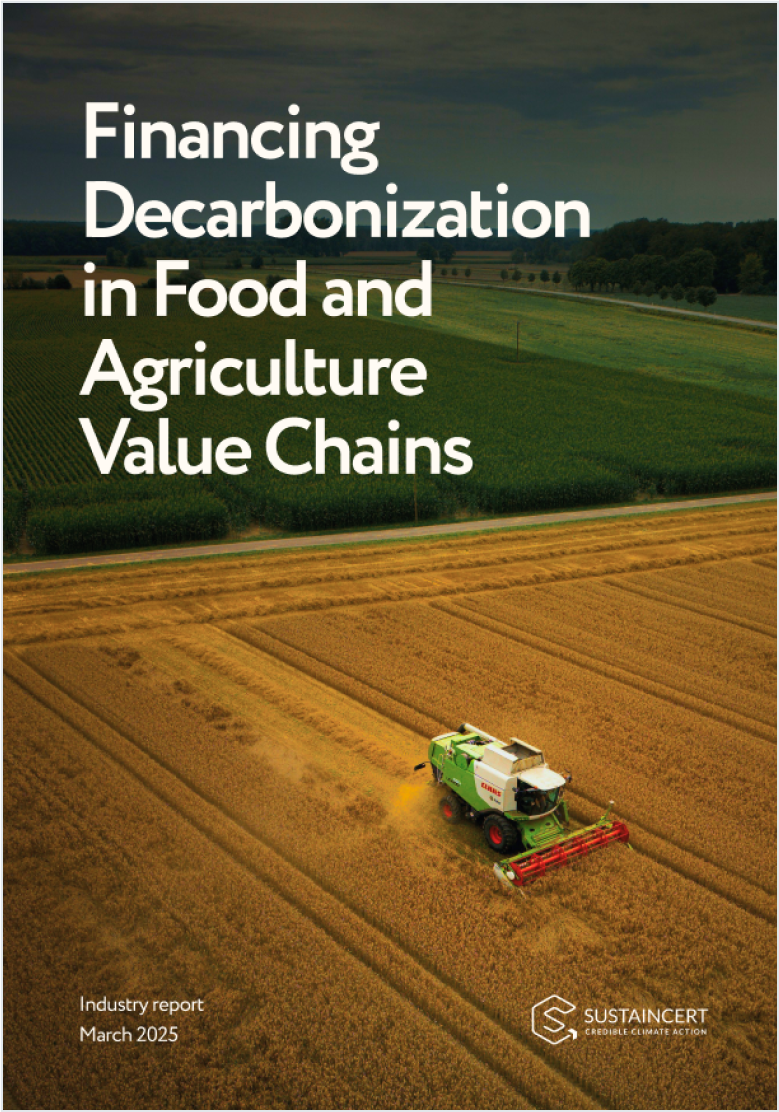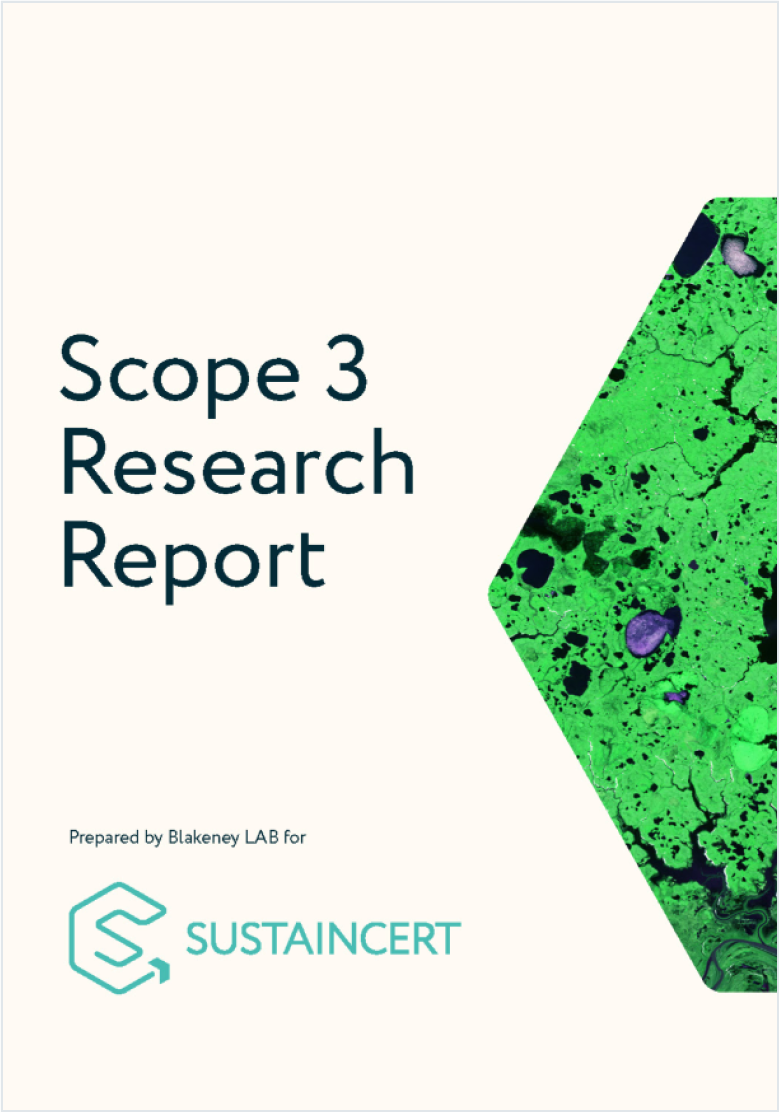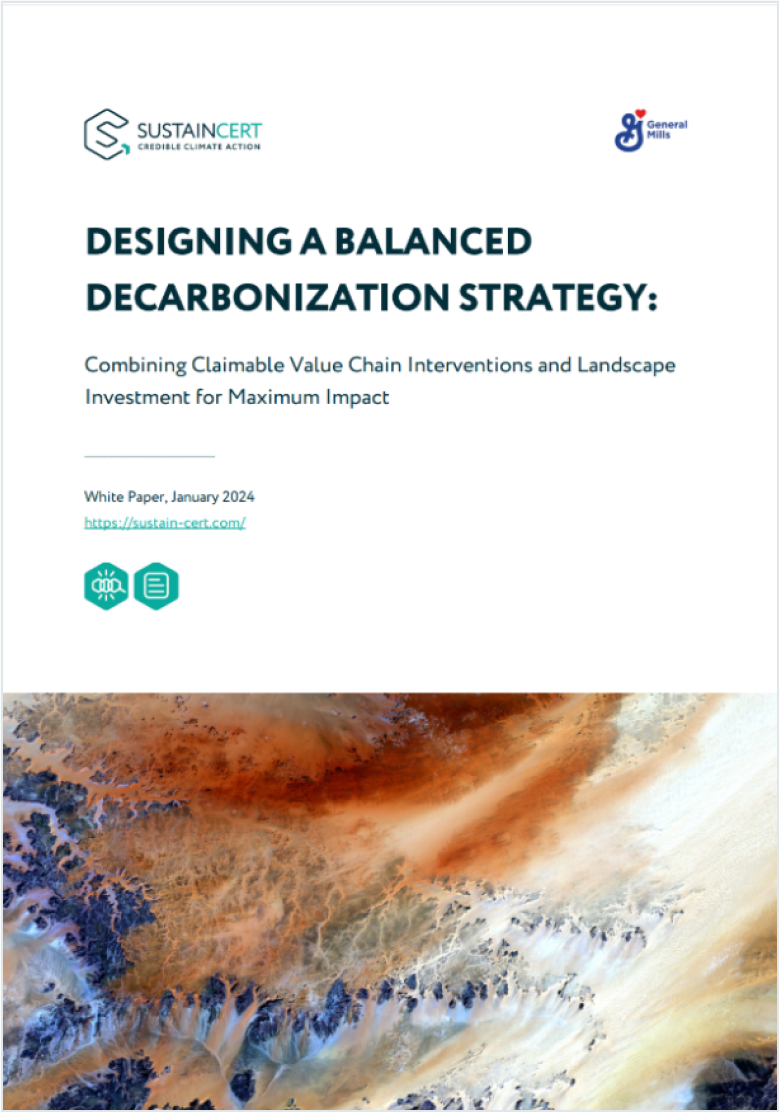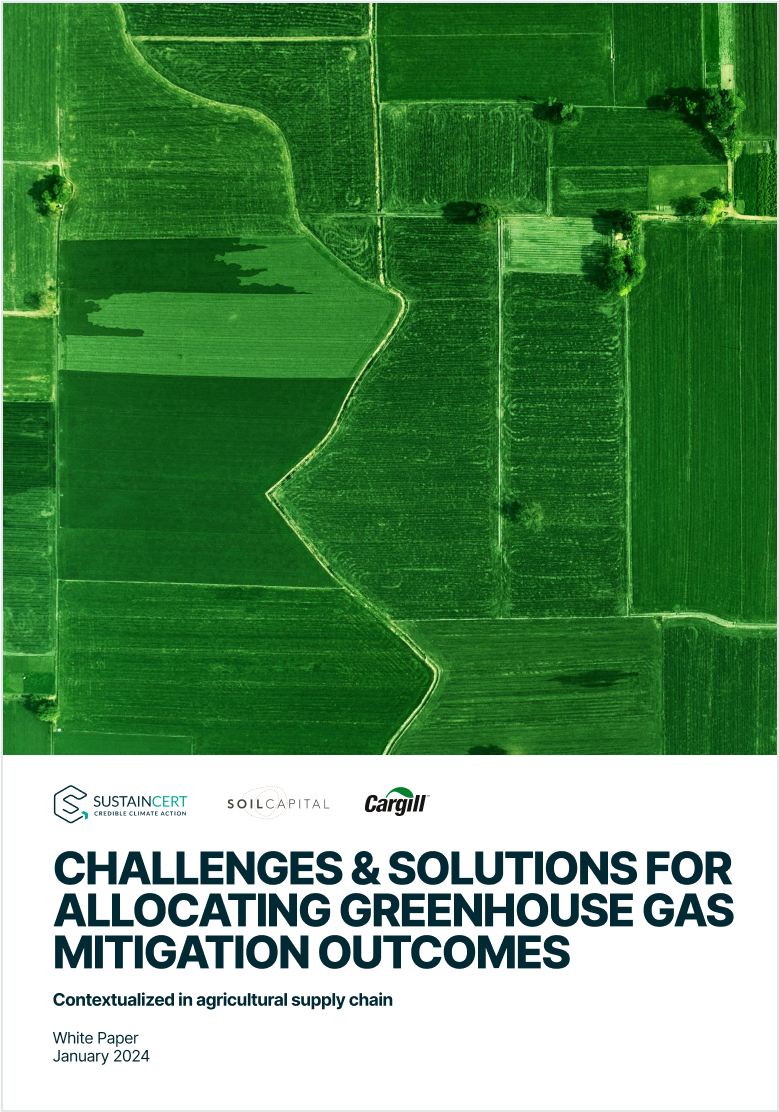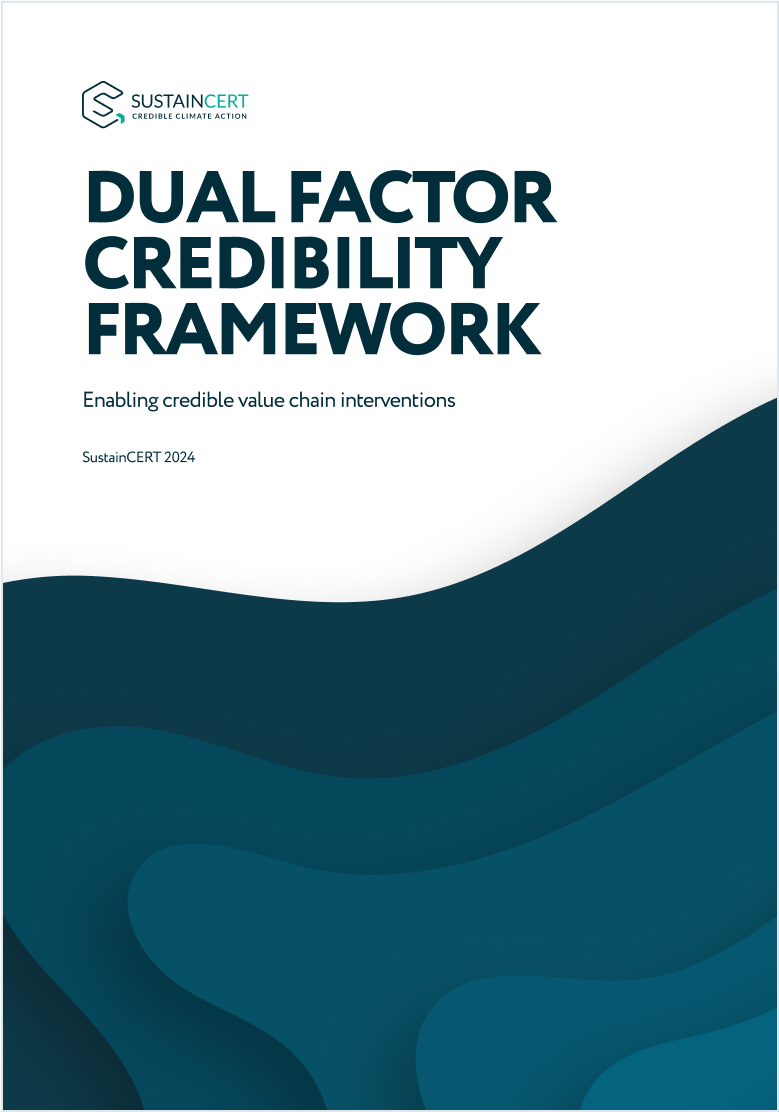Publications

FEATURED
Value Chain Interventions For Scaling Corporate Climate Action
This white paper, co-authored by SustainCERT and Verra, presents a solution to Scope 3 accounting challenges via a Value Chain Intervention Framework (VCIF). The VCIF repurposes established methods for Scope 3 emissions accounting, introducing a pathway for companies to account and report the impacts of value chain interventions.
